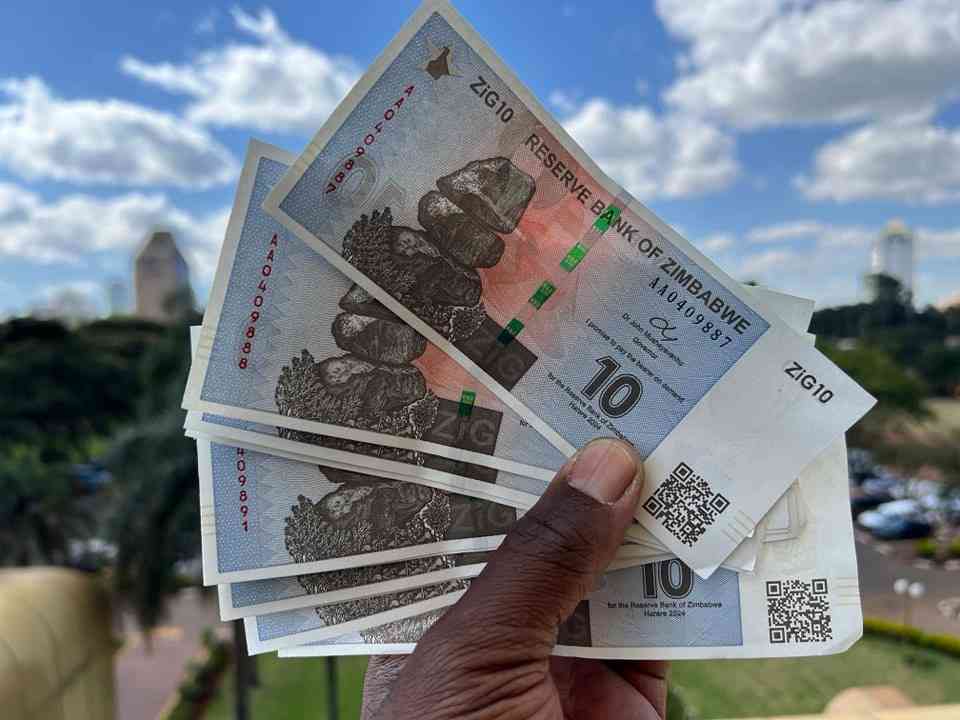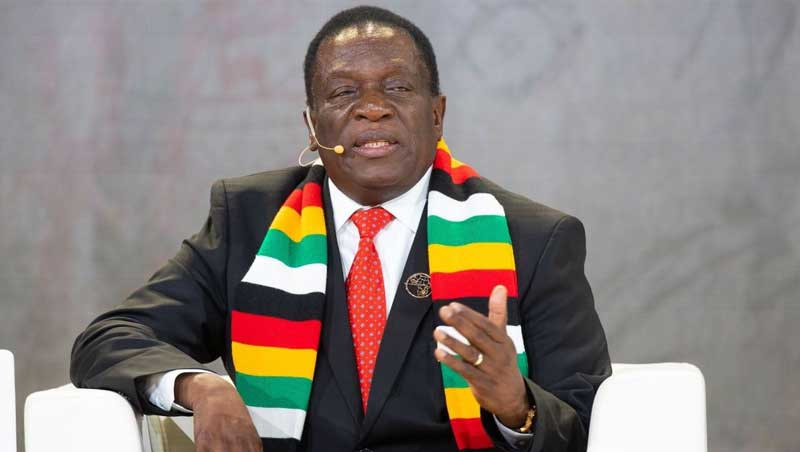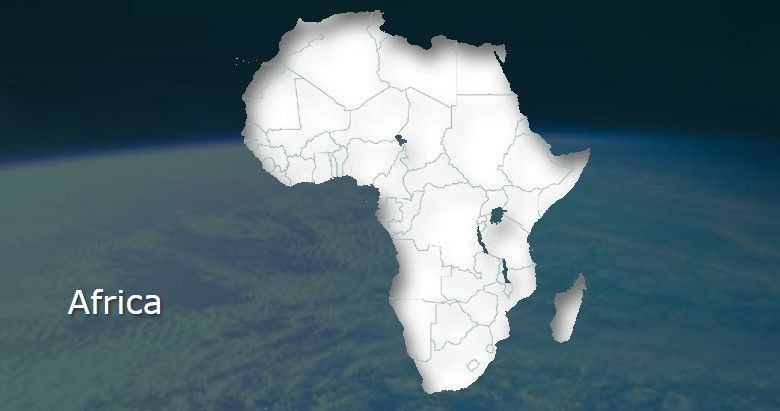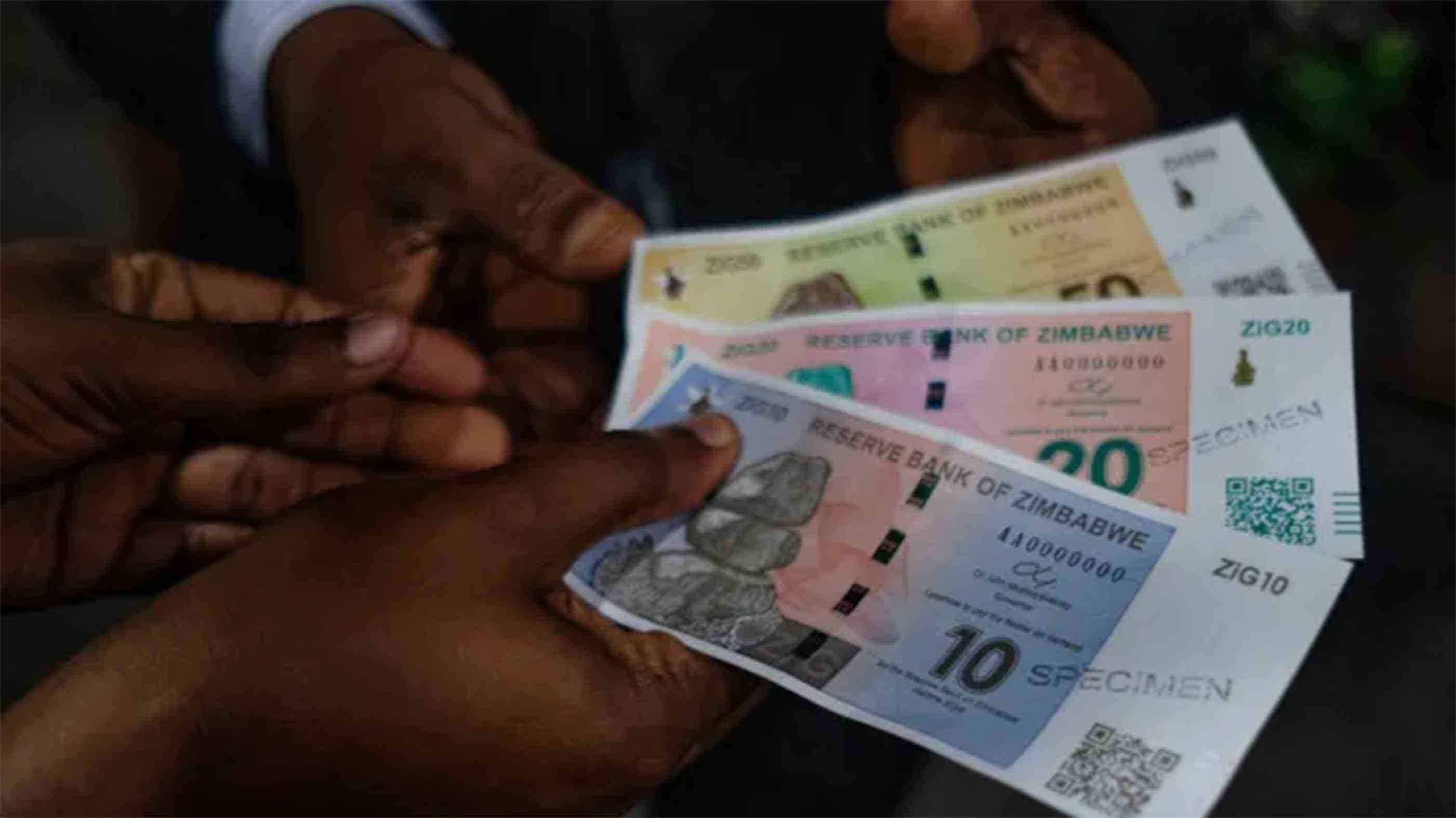
I suppose congratulatory messages are still pouring in for Nkosazana Dlamini-Zuma after she won elections for the Africa Union (AU) Commission chairperson. Some are excited because she becomes the first person from Southern Africa to occupy the position while others are excited because she is the first woman.
There are some, like myself, who are excited for neither of the two reasons, but by the mere fact that Jean Ping is finally leaving that position. AU needs new brooms. Reports from Ethiopia showed that it was a tough contest which showed that to a fair extent Ping, despite his glaring weakness and scarred tenure, still had a few admirers who did not care much about AU’s performance.
I deliberately resist to be drawn into politics of regionalism, gender or racial representation on key strategic positions of supra-governance institutions such as the AU chairpersonship. Many a times, such goalless victories have not only cost Africa, but have been employed against us by those who control the global systems.
When Kofi Annan took over as the secretary-general of the United Nations, Africans basked too long in the euphoria of having one of their own in a position of global power. By the time they woke up, poverty was grinding millions of their people. What most did not realise was that the supra-governance institutions were battlefields of interests, a factor that underdetermines the formulation of appropriate agendas. However, instead of influencing policies for the benefit of Africa, our leaders were so busy supporting Annan, to avoid embarrassing a fellow African. The result was one of the biggest development disasters in our recent times which saw the disparity between the rich nations and the poor ones widening, sliding more people in Africa into abject poverty. The same excitement greeted the election of Barack Obama as the first black American President, with hopes that he would be more favourable to Africa.
I do not intend to take anything away from Dlamini-Zuma. She is among the few hardworking ministers in the South African government today. One of her key achievements includes instilling order and discipline in the chaos that was prevailing in the Home Affairs department. She took over that department when it was more like free-for-all circus when one could marry and divorce more than 10 people a week. Similar identity books were allocated to two or three people or a permit sold to the highest bidder. And her efforts have impacted positively in curbing crime in South Africa, as it is no longer easy to forge documents.
Despite her impressive and remarkable work ethic and her abilities to transform systems, she is coming from a government that has looked so clueless on their foreign policy agenda. The departure of Thabo Mbeki from the South Africa presidency has left a huge foreign policy void for a country that boasts the biggest economy in the continent. While NEPAD itself was a permeable, ambitious and a synthesis of recycled and previously failed development models, it still served the purpose of filling the gap. And indeed it was the only AU agenda we have known in recent times. Sometimes, it is better to have a flawed idea than none at all.
With her country struggling to find its feet in the regional, continental and global arena, she may as well have to go it alone with minimum support from her country. The African National Congress is likely to give more focus on the Mangaung conference and elections later this year and Dlamini–Zuma might need the support of other African leaders to map her way forward.
She joins an AU which has lost its aura and respect among its members, as they feel more exposed to external economic and political vagaries. It is an AU that has shown signs of weakening over the years. In the process, schoolboy mistakes have been committed which have proved so costly to both the integrity of the African race and their ability to stand their ground. Examples include endorsement of the Libya no-fly zone without readily understanding the contents and circus that played out in Ivory Coast. Surely with those two deadly mistakes, one wonders how Ping would have expected to win the election, but he stood and lost by a narrow margin. That shows that among some leaders, it’s not the performance that matters, but other factors which we currently do not know.
- Chamisa under fire over US$120K donation
- Mavhunga puts DeMbare into Chibuku quarterfinals
- Pension funds bet on Cabora Bassa oilfields
- Councils defy govt fire tender directive
Keep Reading
What lies ahead for Dlamini-Zuma is surely a mammoth task, bigger than identity books and marriage certificates. Firstly the AU needs to have a firm continental development agenda.
This should include encouraging Africa states to increase co-operation among themselves in order to increase beneficiation from their resources. It should address the question on why African oil purifying countries import crude oil from Arab countries while African oil producing countries export oil outside the continent. Secondly, it needs to redeem its battered image. AU needs to take its rightful place in global politics, the same way European has so much global power and influence. This is not day-dreaming. China is giving Europe a good run for their money and this presents a good bargaining opportunity for African countries to build their own economies. If EU can design the Economic Partnership Agreements targeting individual Africa countries, why can’t AU devise ideas similar for the benefit and protection of its member countries?
Tapiwa Gomo is a development consultant based in Pretoria, South Africa











